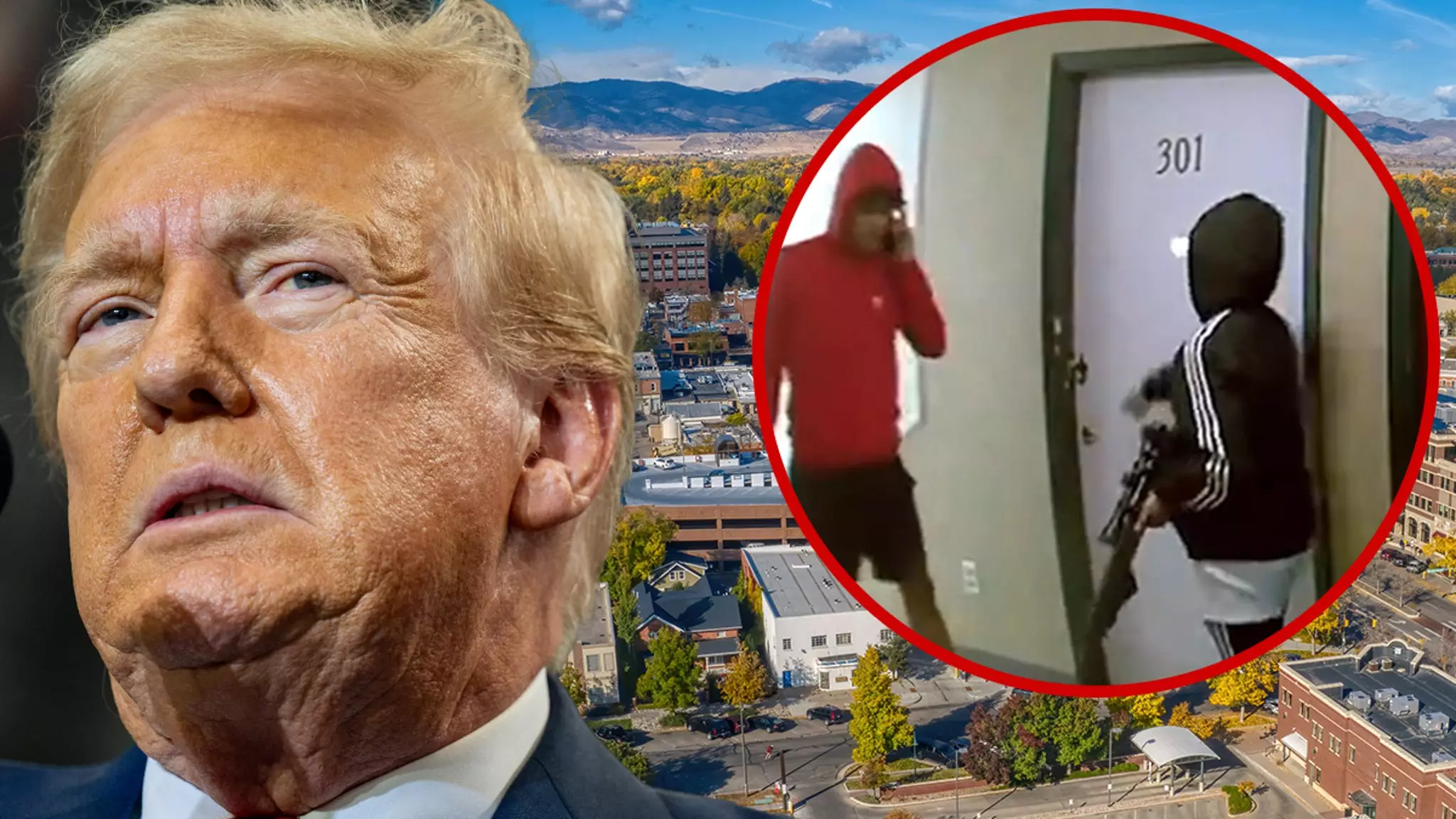Former President Donald Trump’s rally in Aurora, Colorado, is expected to draw significant attention and stir controversy, especially regarding its implications for local immigrant communities. The context for this event is not merely a historical visit; it sits at the intersection of politics, community relationships, and social unrest fueled by growing gang activity in the area. This makes the rally an occasion ripe for analysis, as divergent perspectives emerge regarding its potential consequences for vulnerable populations.
The Perspective of Local Officials
Councilwoman Danielle Jurinsky has emerged as a vocal supporter of Trump’s decision to hold the rally in her city. She argues that the focus should be on addressing local issues, such as the reported rise of gang violence perpetrated by groups like the Venezuelan gang Tren de Aragua. Jurinsky’s assertion reveals a complicated reality; while many view Trump’s arrival as a potential incitement of racial tensions, she interprets it as an opportunity to shine a light on urgent community needs. Jurinsky’s invitation to speak at the rally further complicates the narrative, as it indicates a fracture within local governance about how to handle these pressing issues.
In contrast, Mayor Mike Coffman has publicly distanced himself from the narrative Trump’s campaign promotes, notably by asserting that Aurora is not a “war zone.” His comments reflect a desire to project stability amidst the chaos many residents feel. Nevertheless, his decision to remain politically aligned with Trump, despite pulling support from the rally, is indicative of the complex dynamics facing local leaders in balancing party allegiance with community welfare.
Community Divisions and Reactions
In light of the impending rally, the community of Aurora appears divided. Supporters of Trump have begun lining up early for the event, indicating a fervent base ready to rally around the former president. Yet, this enthusiasm is matched by a palpable anxiety among many residents, particularly within immigrant communities who fear being scapegoated in broader discussions of crime and safety. The underlying fear is not unfounded; incendiary rhetoric surrounding immigration often finds fertile ground during such political events, leading to real-world consequences for vulnerable groups.
Moreover, the fear of using the rally as a platform to amplify existing tensions is echoed by residents in their concerns. Many worry that Trump’s approach could exacerbate already fragile relations within the community, causing a chain reaction of violence and hostility. These sentiments underscore the broader implications of visiting politicians in historically tense locales, raising the question of whether political rallies can ever transcend their immediate impact on community dynamics.
As Trump’s rally approaches, Aurora finds itself at a crossroads. The conflicting narratives presented by local representatives and the overarching concerns of community members create a complicated portrait of a city grappling with identity, safety, and the ever-present specter of political exploitation. Understanding this multifaceted situation requires careful consideration of the implications of political events on the lives of everyday citizens, particularly those in marginalized communities. Moving forward, it will be crucial for all stakeholders—politicians, community leaders, and residents—to engage in constructive discourse aimed at fostering unity rather than division.

